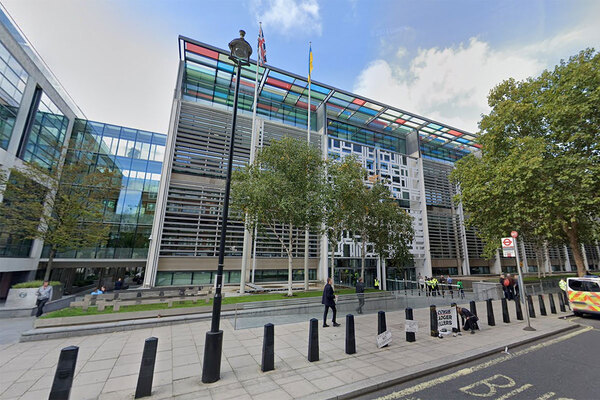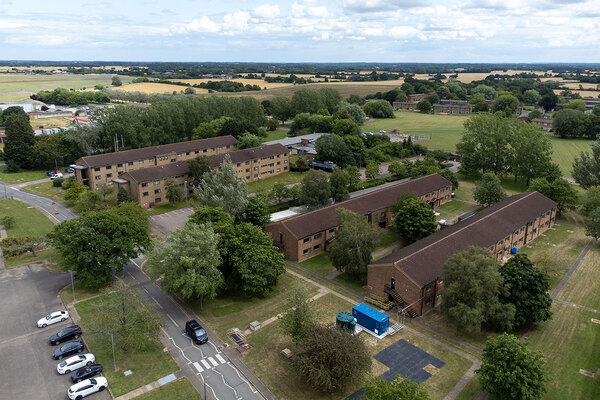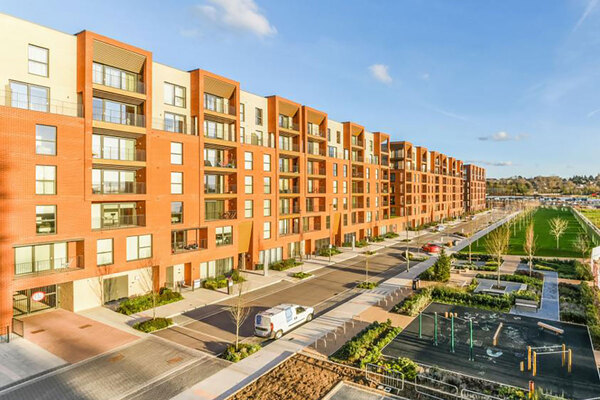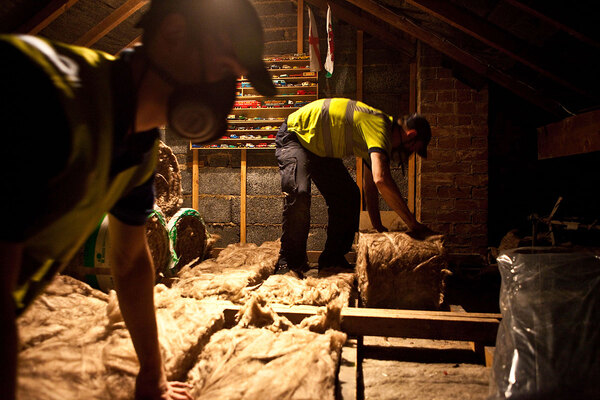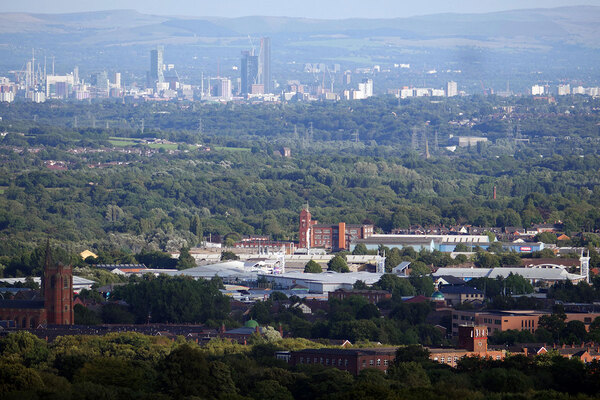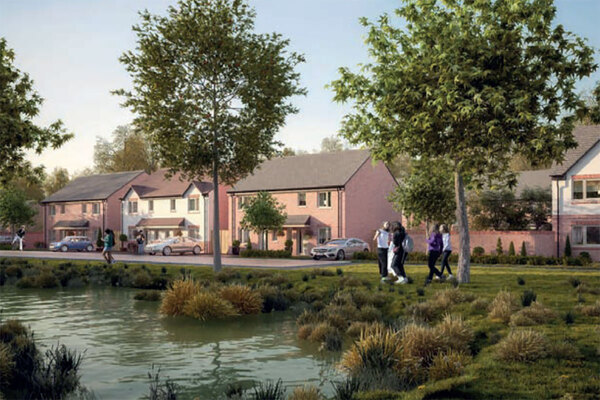Wales cannot be a ‘nation of sanctuary’ without housing associations
The social housing sector is central to achieving the Welsh government’s goal of becoming the first ‘nation of sanctuary’, writes Nicola Evans, director of charity Housing Justice Cymru
In 2019, the Welsh government said it wanted Wales to be the first nation of sanctuary (NoS) in the world. The NoS plan set out actions for a broad range of public services. The first was for housing: ensure refugees are supported to transition from asylum accommodation to sustainable accommodation.
Underpinning this, it also said it would explore opportunities to reduce refugee homelessness by working with registered social landlords, local authorities, credit unions and others to identify clearer pathways into accommodation during the ‘move-on’ period.
It also committed to work with local authorities and others to ensure the Supporting People programme and the Housing Support Grant from 2019 support eligible refugees to maintain their accommodation.
The Welsh government reviewed the plan earlier this year and, in November, incorporated revised NoS aims into the Anti-racist Wales Action Plan.
Actions relevant to the housing sector are: ensure refugees are supported to avoid destitution and homelessness through continued funding for a move-on accommodation project; explore opportunities to identify clearer pathways to alternative accommodation; ensure hosting capacity and innovative housing models are developed for those with no recourse to public funds who are engaging with UK immigration processes; and develop a sponsor and host database to ensure sanctuary seekers can be hosted where needed.
“We found that nearly 86% of the housing associations interviewed (30 out of 35) had contributed in some way to supporting those seeking sanctuary”
Housing Justice Cymru is the lead organisation for hosting in Wales. We’ve been working in the housing and homelessness arena since 2003 and with people seeking sanctuary since 2021.
Last year, to support our work to prevent homelessness among people seeking sanctuary, we commissioned research into the contribution housing associations make to Wales becoming an NoS.
We found that nearly 86% of the housing associations interviewed (30 out of 35) had contributed in some way to supporting those seeking sanctuary. By far the most engagement was through UK resettlement schemes aimed at providing sanctuary for people from Afghanistan, Ukraine, Iraq and Syria.
We also found that, as part of their homelessness prevention work, seven housing associations had been involved in helping people who came via other routes. Three of those are involved in a very small way in working with charities to help people who have no recourse to public funds.
Possibly the most optimistic finding was that all housing associations interviewed expressed an interest in contributing more if the local authority where they have housing wanted them to; the Welsh government is supportive of them contributing; and their engagement is sustainable financially.
Our report sets out a range of recommendations that reflect and respond to the input of interviewees. We argue that we have to expand the engagement of the housing sector if Wales is to achieve its stated objectives to both make homelessness rare, brief and unrepeated, and become the first NoS.
“All housing associations interviewed expressed an interest in contributing more if the local authority where they have housing wanted them to; the Welsh government is supportive of them contributing; and their engagement is sustainable financially”
A number of housing associations told us that the local authority where they operated was relying on the private rented sector (PRS) as the main way to house people seeking sanctuary. At the same time, they told us that the PRS was largely unaffordable and shrinking.
We know that immigration is a politically sensitive issue, and concerns over the safety of both sanctuary seekers and staff are real and justified. Also, the homelessness challenge for local authorities has never been greater. However, the PRS is not a viable option for the majority of sanctuary seekers.
Housing associations are best placed to deliver on the housing elements of the NoS objectives because they are anchor organisations in communities, with knowledge and expertise in finding solutions for people for whom the housing market isn’t working. They are also committed to furthering community cohesion and well-versed in a strategic, partnership-based approach involving local and devolved government, and housing and third-sector organisations. This is what is needed.
We’re clear: addressing homelessness, making it rare, brief and unrepeated for everyone and achieving the objectives set out for people seeking sanctuary are interlinked. Neither policy objective can be achieved without action on both, and neither will be achieved without the contribution of social housing providers.
Nicola Evans, director, Housing Justice Cymru
Sign up for our Wales newsletter
New to Inside Housing? Click here to register and receive our Wales round-up straight to your inbox
Already have an account? Click here to manage your newsletters


